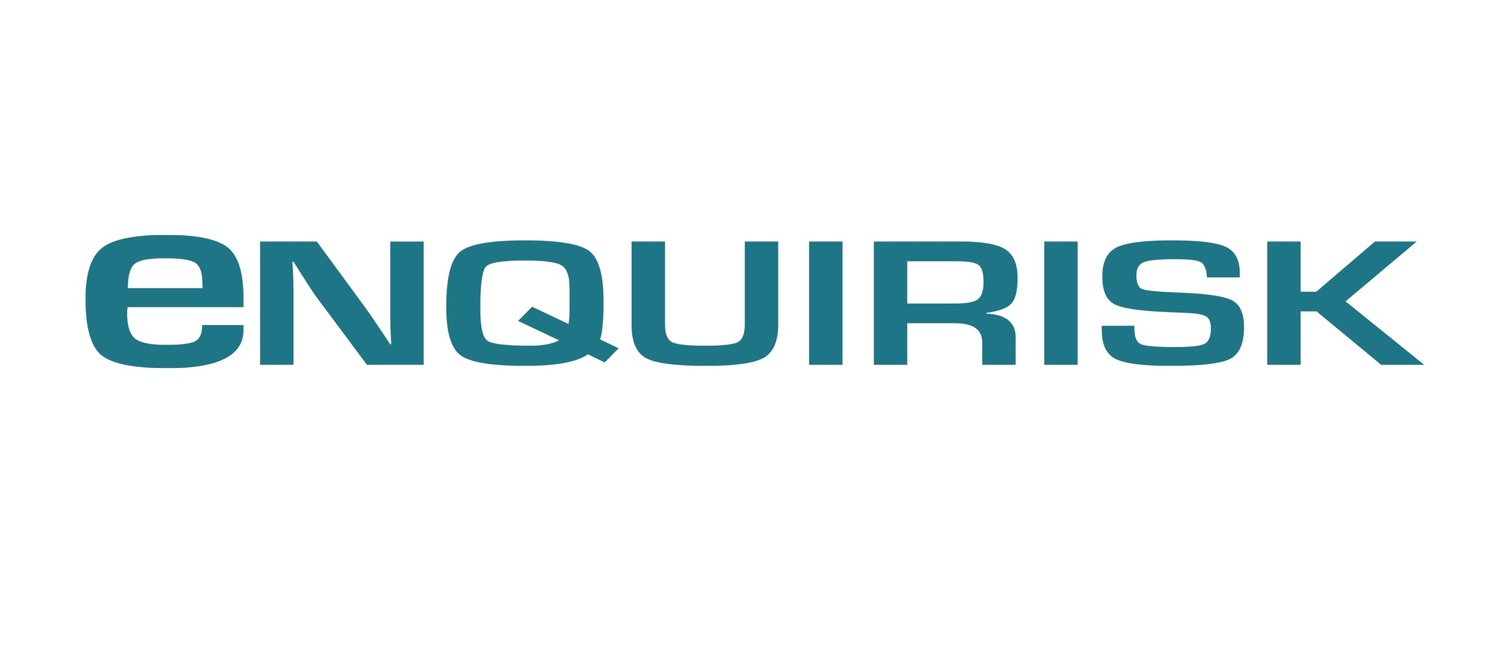
“Geopolitics”: What Is It Good For?
In recent years, the term “geopolitics” has become ubiquitous (see Graph below). This has helped spread awareness of important political dynamics. However, for the purposes of professional business risk analysis, the concept suffers from overstretch and confusion, as it is used in many different ways, with different meanings. This note dissects some of these meanings, identifies their assumptions, and highlights potential analytical shortcomings.

Putting Geo-Political Risk Intelligence to Work
While more and more international firms understand the need to mitigate against geo-political risk, most are still grappling with how to do that. This article indicates how to integrate Geo-Political Risk Intelligence (GRI) into traditional business functions.

Investigations in Support of International Business: Opportunities and Challenges
International sanctions and trade restrictions are growing in scope and complexity, not least in response to Russia’s invasion of Ukraine. Compliance with such laws can require insights into third-parties that cannot be achieved with automated screening or desktop research. For situations of heightened risk, an investigative approach that goes beyond the public record is recommended. Dr. Carlo Gallo shares his thoughts in an article for Working PI magazine.

Uzbekistan: Gradual Economic Opening Amid Continuing Challenges
Uzbekistan’s President Shavkat Mirziyoyev will be re-elected in an un-competitive popular vote on July 9. Since coming to power in 2016, his economic reforms have tangibly improved conditions for foreign investors. However, the business environment still suffers from clientelism, formal and informal political interference, a weak rule of law and the repression of civil society.

Intelligence for Sanctions Compliance
International sanctions and trade restrictions are growing in scope and complexity, not least in response to Russia’s invasion of Ukraine. Compliance with such laws can require insights into third-parties that cannot be achieved with automated screening or desktop research. For situations of heightened risk, an investigative approach that goes beyond the public record is recommended.

